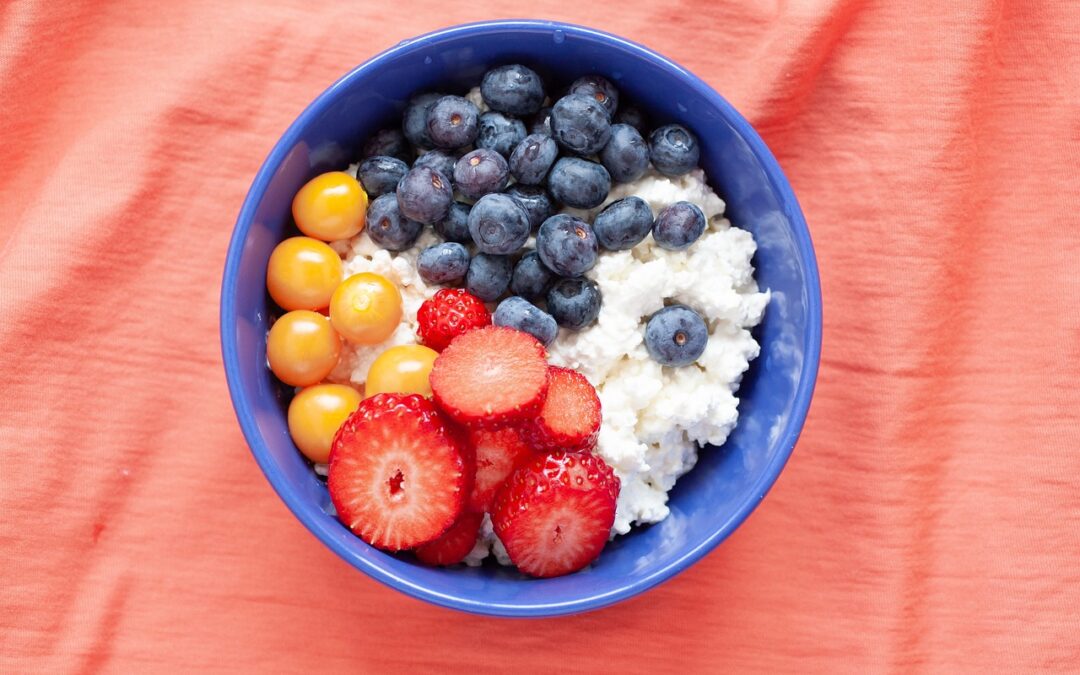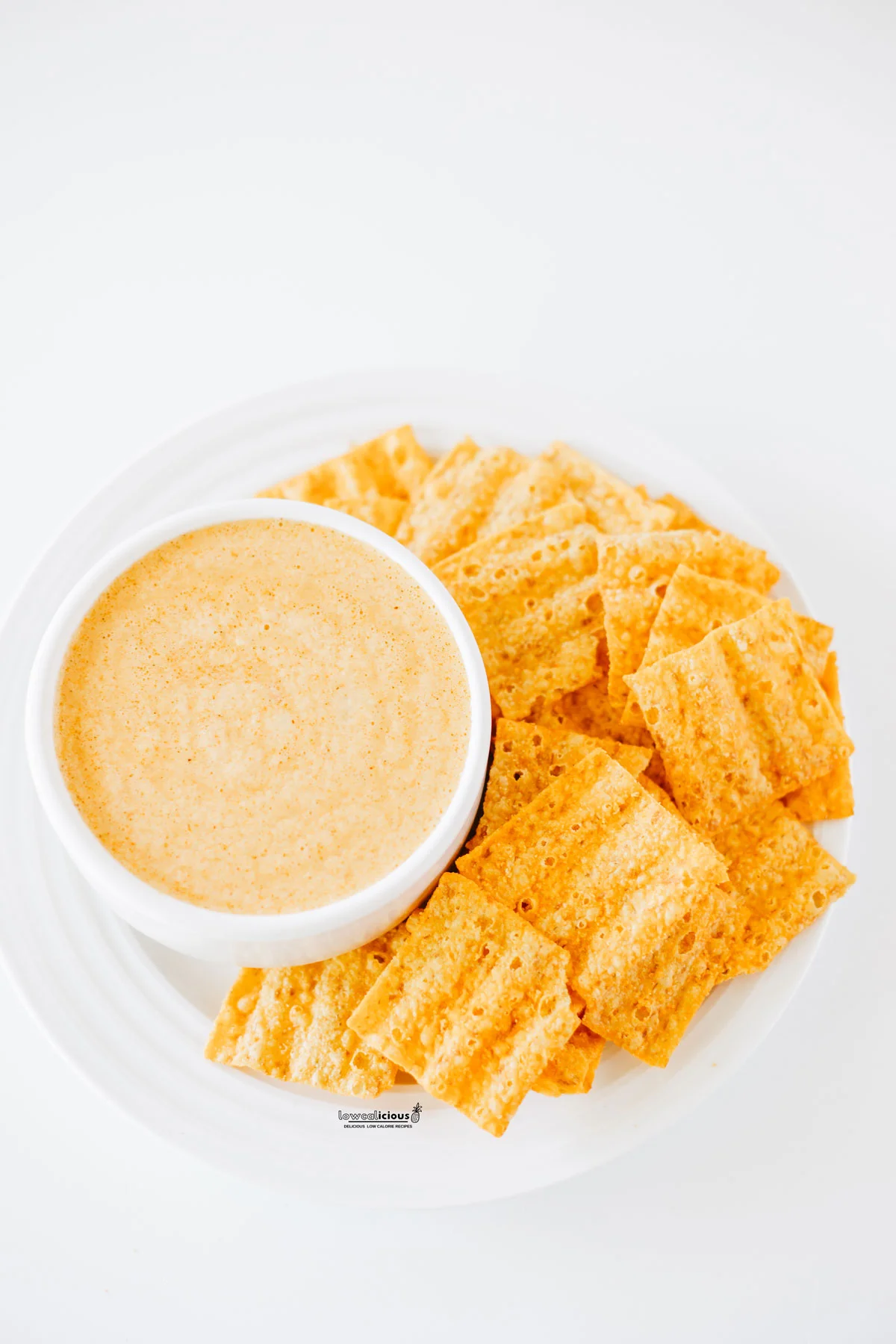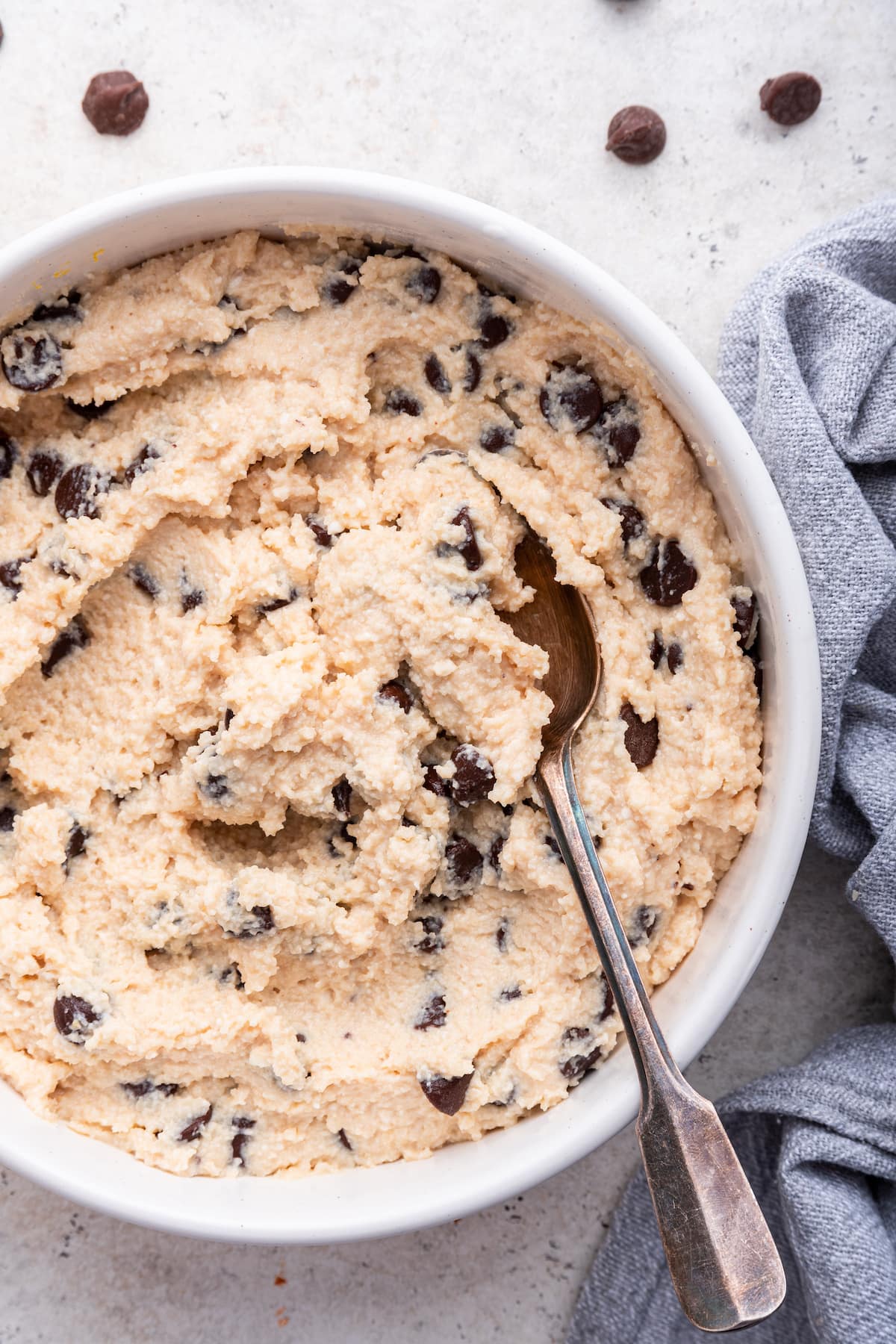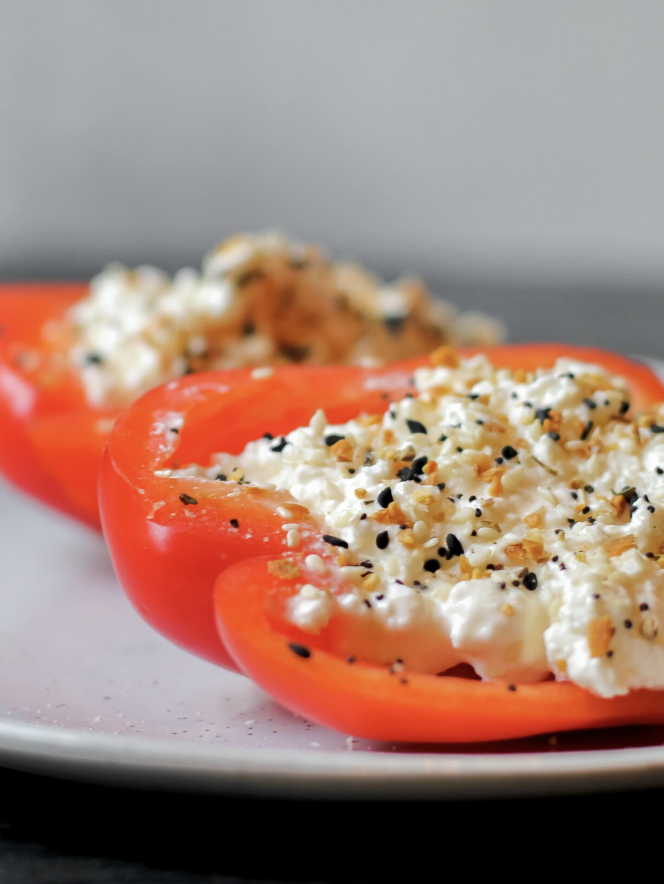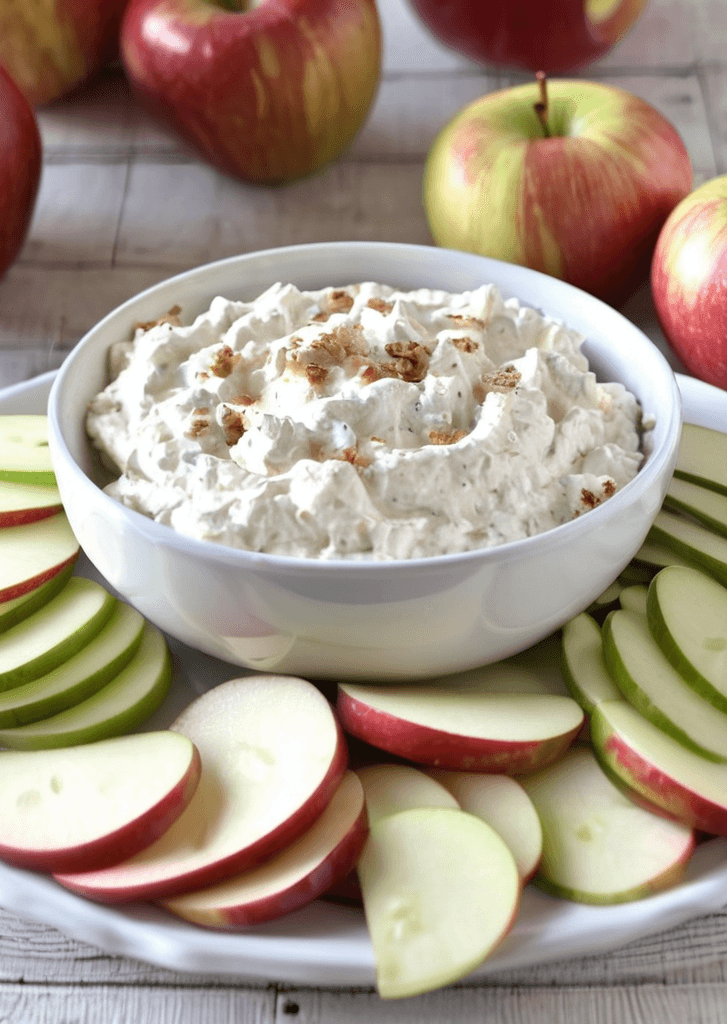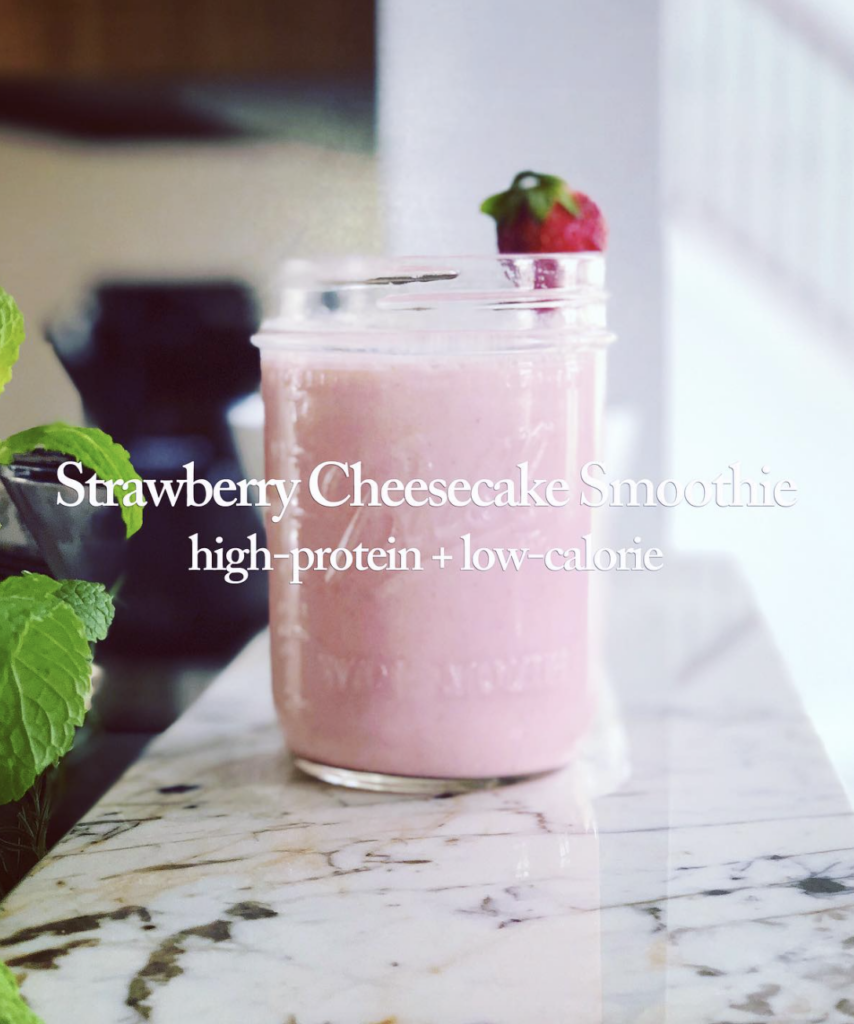Cottage cheese can be a great nutrient dense ingredient ideal for helping one stay consistent towards reaching weight loss goals. It is accessible for most as a fairly cheap protein source AND/OR it can easily be made at home with cow’s milk and lemon juice or vinegar.
Choosing to fuel your body & metabolism adequately with nutrient dense vegetables, fruits, and protein sources like cottage cheese is the first and most important step for losing weight.
Adding cottage cheese as a protein source increases the variety of protein options keeping food- boredom at bay . Consistency in healthier nutrition choices is 80% of reaching weight loss goals. And cottage cheese can be utilized in many delicious ways to keep you satisfied & on track.
What is cottage cheese?
Cottage cheese is a type of cheese made from the curds of cow’s milk. It has a mild flavor and a creamy, lumpy texture. It is often used as a versatile ingredient in various dishes or enjoyed on its own as a high-protein snack.
Cottage Cheese Nutrition
According to the U.S. Department of Agriculture (USDA), the nutrition information for a 100 g (about 3.5 ounces) serving of low-fat (2% milk fat) cottage cheese includes the following:
- Calories: 84 calories
- Fat: 2.3 g
- Sodium: 321 milligrams (mg)
- Carbohydrates: 4.3 g
- Fiber: 0 g
- Sugars: 4.1 g
- Protein: 11 g
- Calcium: 111 mg
- Total fat: 2.5 g
Cottage cheese generally has a different nutritional profile compared to other types of cheese. Here are some key points of comparison:
Higher Protein Content
Cottage cheese is known for its high protein content. It typically contains more protein per serving than most other cheeses, making it a popular choice for individuals looking to increase their protein intake.
Lower Fat Content
Cottage cheese is available in different fat varieties, including full-fat, reduced-fat, and non-fat options. The fat content in cottage cheese can be lower compared to some other types of cheese, but it still provides a good source of healthy fats.
Generally Lower Sodium Content
Some cottage cheese products can be higher in sodium compared to certain other cheeses. It’s important to check the nutrition label and choose lower sodium options if you are monitoring your sodium intake.
Good Source of Calcium
Cottage cheese is a good source of calcium, a mineral important for bone health. It provides a similar amount of calcium compared to many other types of cheese.
Other Nutrients
Cottage cheese also contains various other nutrients like phosphorus, selenium, B vitamins, and probiotics (in some cases), which can contribute to overall nutritional value.
Is cottage cheese a good weight loss food?
Cottage cheese is an ideal nutrient-dense, high-protein, low-calorie, low-carbohydrate, low fat, low-sodium, low-sugar food to incorporate into a weight loss nutrition plan. And here’s why…
Metabolism Support
Cottage cheese is a good source of calcium, which plays a role in metabolic processes. Adequate calcium intake has been linked to a higher metabolic rate, potentially aiding in weight management.
Bone Health
Cottage cheese’s calcium content is beneficial for maintaining strong and healthy bones. It is particularly important during weight loss as it can help prevent bone loss that can occur due to calorie restriction.
Hydration
Cottage cheese contains a significant amount of water, contributing to overall hydration. Staying hydrated is essential for various bodily functions, including metabolism and appetite regulation.
Convenience and Versatility
Cottage cheese is a convenient and versatile food option that can be easily incorporated into meals and snacks. It can be enjoyed on its own or combined with other nutritious ingredients like fruits, vegetables, or whole grains to create satisfying and healthy meals.
Blood Pressure Management
Cottage cheese is relatively low in sodium compared to many other cheese varieties. A lower sodium intake can help manage blood pressure levels, promoting heart health.
Weight Loss Sustainability
Cottage cheese is a food that can be included in a long-term, sustainable weight loss plan. It provides a good balance of nutrients, promotes satiety, and can be enjoyed in various ways, making it easier to adhere to a healthy eating routine
Satiety and Appetite Control
Cottage cheese’s high protein content helps promote satiety and control appetite. Protein has a higher thermic effect of food, meaning it requires more energy to digest, which can contribute to a feeling of fullness. Including cottage cheese in your meals or snacks can help reduce cravings and prevent overeating.
Muscle Recovery and Repair
Cottage cheese contains a complete profile of essential amino acids, which are the building blocks of proteins. These amino acids are crucial for muscle recovery and repair, especially after intense physical activity. Consuming cottage cheese post-workout can aid in muscle recovery and support the development of lean muscle mass.
Low Calorie and Nutrient Dense Food
Cottage cheese’s combination of high protein content and relatively low calorie count makes it a valuable food for weight management. By including cottage cheese in your diet, you can increase your protein intake without significantly increasing your calorie intake, which can help create a calorie deficit for weight loss.
Cottage cheese is not only a good source of protein but also provides important nutrients like calcium, phosphorus, selenium, and B vitamins. These nutrients are essential for bone health, energy production, immune function, and overall well-being.
Blood Sugar Control
The protein and fat content in cottage cheese can help slow down the digestion and absorption of carbohydrates, leading to more stable blood sugar levels. This can be beneficial for individuals with diabetes or those aiming to manage their blood sugar levels.
Gut Health
Some cottage cheese varieties contain probiotics, which are beneficial bacteria that support gut health. Probiotics can help improve digestion, enhance nutrient absorption, and contribute to a healthy gut microbiome.
10 Viral High-Protein Cottage Cheese Recipes for Weight Loss
From savory options like Red Pepper Boats with Cottage Cheese to sweet treats like Cottage Cheese Cookie Dough, these recipes offer creative and nutritious ways to incorporate cottage cheese into your diet.
1. Cottage Cheese Queso
2. Cottage Cheese Chocolate Ice Cream
3. Cottage Cheese Cookie Dough
4. Red Pepper Boats with Cottage Cheese
5. Caramel Cottage Cheese Dip & Apples
6. Strawberry Cheesecake Smoothie
7. Cottage Cheese Eggs
8. Cottage Cheese Alfredo Sauce
9. Cottage Cheese Egg Salad

